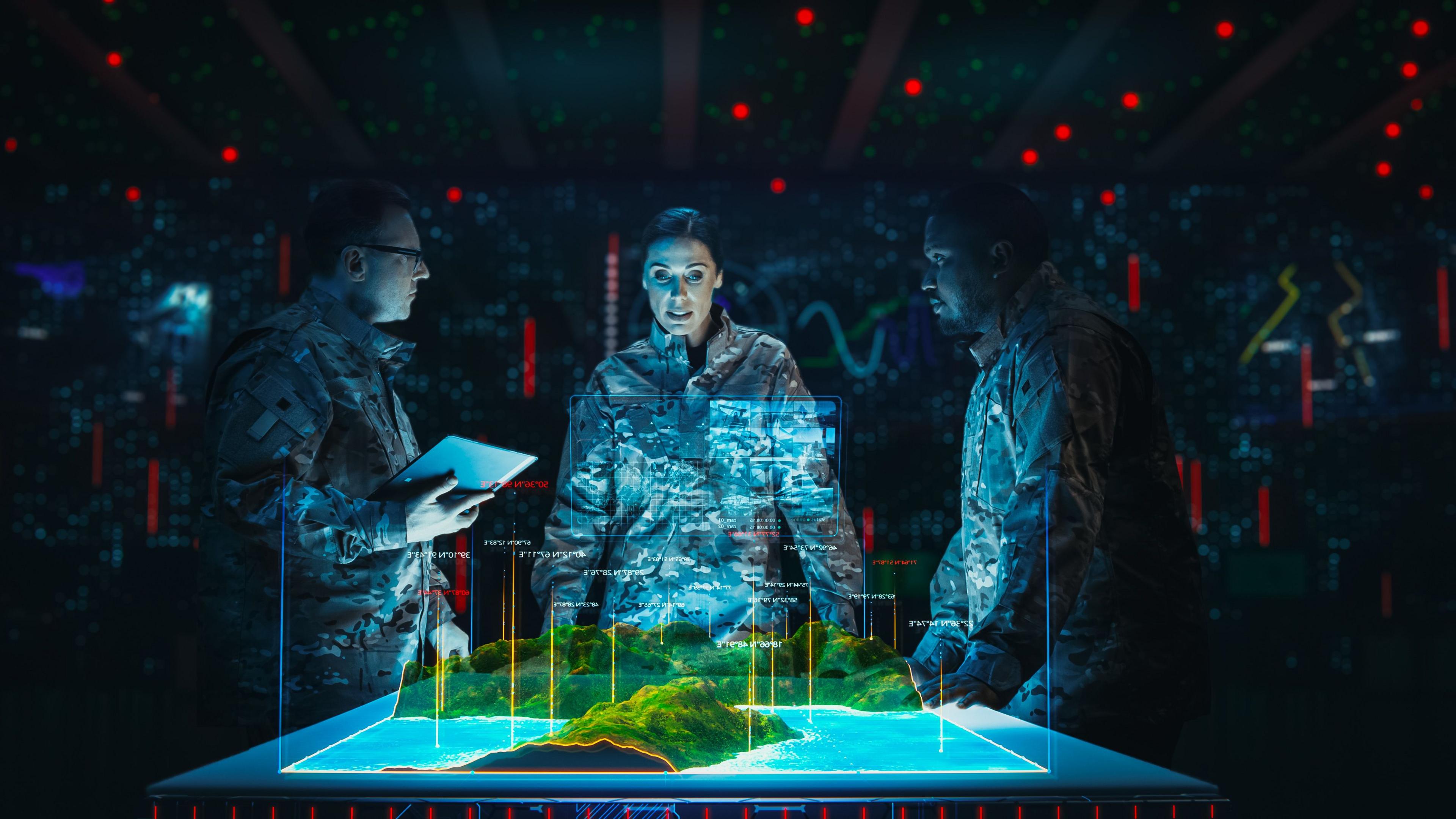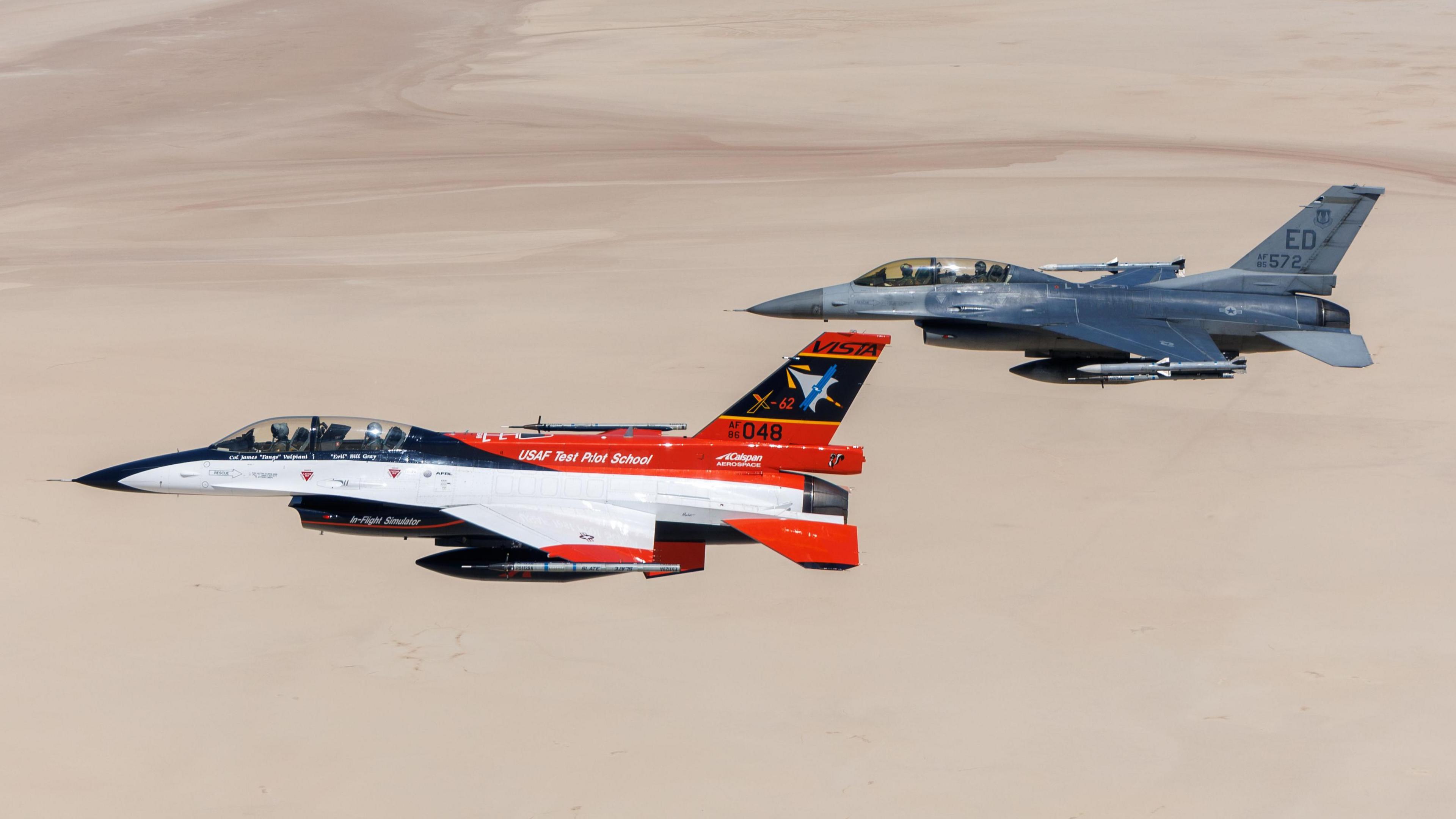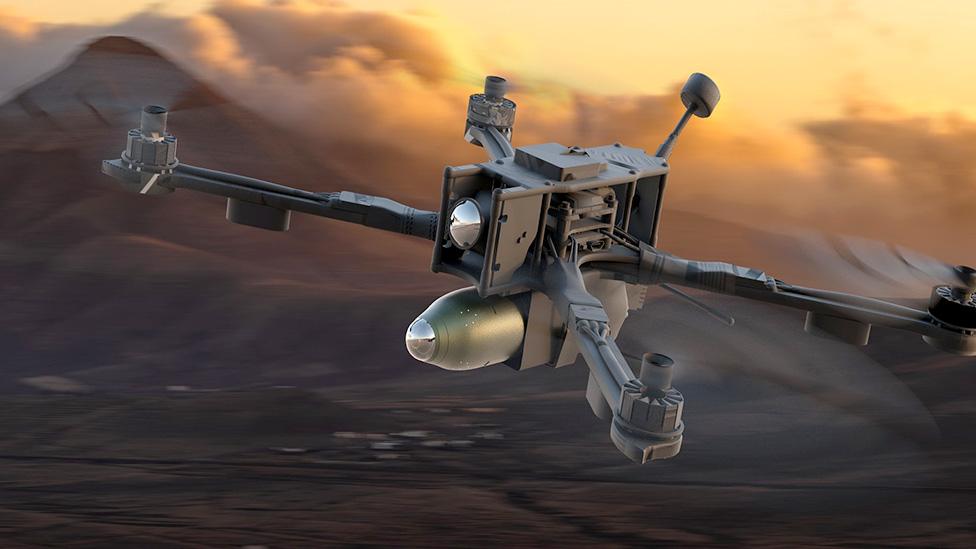AI 'wargames' to strengthen national security

Wargames will be held to examine how to protect the UK
- Published
The University of Lincoln has been chosen to lead a project using artificial intelligence (AI) in defending the country.
It will lead a consortium of seven UK universities, including Oxford and Cambridge, working on using AI to support the government and military in national security scenarios, which could include terrorism and cyberattacks.
AI will be applied to wargaming with the aim of producing "the best solutions we can", deputy vice chancellor Julian Free said.
"It will be used to understand our moves and an enemy's moves and maybe come to better decision-making," he added.

University of Lincoln deputy vice chancellor Julian Free
The £1m research contract was awarded by the Ministry of Defence.
The wargames could also inform how the government responds on future national security scenarios involving both the military and other services, such as the police, and which could include actions by hostile states, disruptions to the economy or environmental crises.
"We are building the intellectual and technological capacity the UK needs to meet rapidly evolving threats seen in conflict zones today," said Mr Free.
Professor Fiona Strens, who leads the university's centre for defence and security artificial intelligence, said the contract would involve applying AI that has already been developed for Lincolnshire's food production and processing industries.
"We're taking that immense capability and pivoting it towards solving some defence problems," she said.
"The Ministry of Defence is already using AI, but the world of AI is changing so fast that keeping up is a real challenge, so there needs to be a broad range of research into how it's evolving."
The university is already heavily involved in AI research and projects, and collaborates with 84 defence and security companies, many of which were created by its graduates.
It is also part of The Greater Lincolnshire Regional Defence and Security Cluster and DecisionWorks, which are academic and private and public sector projects to collaborate, share research and create new business opportunities.
Listen to highlights from Lincolnshire on BBC Sounds, watch the latest episode of Look North or tell us about a story you think we should be covering here, external.
Download the BBC News app from the App Store, external for iPhone and iPad or Google Play, external for Android devices
Related topics
- Published19 July 2024

- Published24 August 2023

- Published21 May 2024
